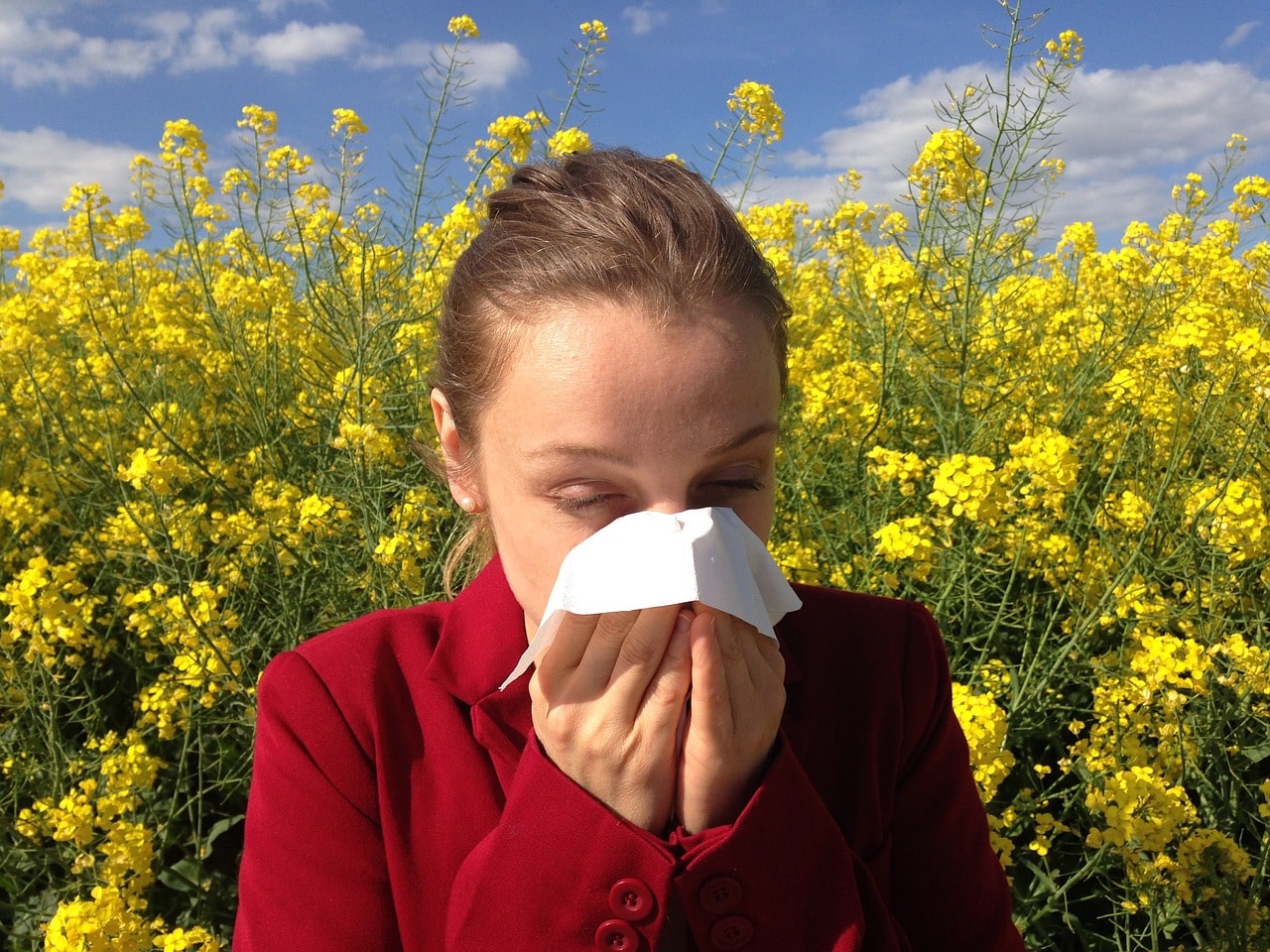Published by M'sitting on : 29/11/2019
Travelling with a chronic illness
Here are 3 examples of chronic diseases and basic tips:
Having certain chronic illnesses is not a hindrance to travel. You will simply have to take a few precautions to make your trip and your stay enjoyable.
Always carry with you a medical check-up written in English or in the language of the country mentioning your treatment.
On the prescription, mention the molecules rather than the brand names (like paracetamol for Doliprane).
Report any allergies and intolerances you are subject to.
If you stay in Europe, think about the European Card that you can easily obtain from your CPAM. You will be able to make your request by internet, by phone or in your health insurance centre.
If you are going away for a long enough time and are taking long-term treatment, ask your doctor for a prescription that covers the entire duration of your stay. If you are travelling by plane, you can pack your medication in your luggage or carry it with you with your prescription. The medicines carried must be able to be accounted for with the prescription.
1) Asthma
Air pollution can trigger asthma attacks and aggravate certain respiratory diseases. This pollution is especially prevalent in large cities, so it is best not to sit in a house sitting for too long in these metropolises.
Asia and the Middle East are particularly affected and are reaching very worrying pollution peaks.
If you have asthma, avoid as much as possible long stays in the big cities of these countries.
Some pollens are very allergenic. If you leave between February and September, during the flowering periods, the pollen grains are released into the atmosphere by plants and you may be exposed.
Among the most allergenic are grasses, ragweed, cypress, birch, olive tree, Japanese Cryptomeria...
It is advisable to test to find out which pollens you are allergic to.
Most often these are skin tests performed at the practitioner's office (patch-tests and pricks-tests).
This way you can avoid periods and destinations where a lot of these pollens are found.
If you are allergic to dust mites, you should prefer a holiday in the mountains, as they do not survive above 1500 metres above sea level, especially during the dry periods of the year.
In any case, always carry your treatment with you, even on the plane if you are flying to your destination.

2) Heart problems
If you suffer from a cardiovascular disorder, consult your doctor. Ask for his or her approval if you need to fly. During the flight the oxygen pressure drops, so he may prescribe a medication to combat the risk of venous thrombosis.
Before boarding the plane, put on socks or support stockings and wear loose fitting clothing.
If you have a pacemaker, take the maintenance booklet with you.
Be careful, some treatments (antimalaria) are not compatible with some drugs prescribed for heart conditions.
In all cases, a visit to your doctor is mandatory before departure.

3) Diabetes
You are obliged to keep with you a health certificate mentioning your illness and your treatment.
On the plane, give your insulin and syringes to a stewardess who will keep them cool for the duration of the flight.
Carry a sweet food or something you are used to taking to fight hypoglycemia because as you know it is more dangerous for you and your brain than hyperglycemia.
Remember to shift your insulin intake according to the time difference.
Conclusion
In these 3 cases, once you have arrived at your place of stay, continue your treatments as you normally do when you are at home.
By following these few basic tips your trip will take place under the best hospices and you will be able to enjoy your holiday to the fullest.



